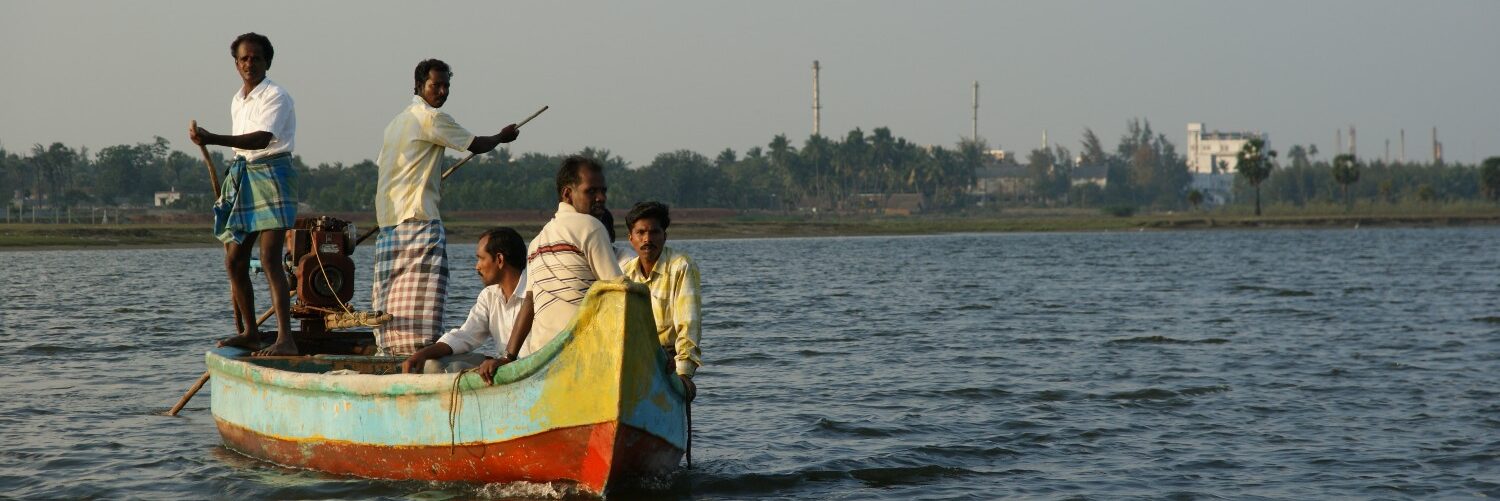A.V. Ragunathan
The Hindu
31 July 2006
Report on public hearing on SIPCOT units to be sent to Government for suitable action
——————————————————————————–
- Say existing ones in SIPCOT not in line with pollution control norms
- Three deaths and five injury cases in the past six months in the estate
- Large number of fishermen have complained of skin problems
——————————————————————————–
CUDDALORE: At a public hearing held here on Saturday, the villagers residing near the State Industries Promotion Corporation of Tamil Nadu (SIPCOT) Industrial Estate here voiced strong opposition to setting up of new units, when the existing ones were not fully conforming to the pollution control norms.
The public hearing, organised under the aegis of the Cuddalore District Consumer Protection Organisation, was conducted by a panel consisting of Prof. S. Janakarajan of Madras Institute of Development Studies, Dr. Rakhal Gaithonde of Community Health Cell and Prof. Saraswati, former Head of Department of Sociology, Queen Mary’s College, Chennai.
The SIPCOT Area Community Environmental Monitoring (SACEM), a body of environmentally conscious residents, was of the view that the “cons would far outweigh the pros in allowing the new projects such as a textile park, a PVC (poly-vinyl chloride) factory and a refinery complex to come up in the industrial estate where pollution had already reached the saturation point.”
Since, a majority of the residents of Eachankadu, Kudikadu, Panchaiyankuppam, Sangolikuppam, Semmankuppam, Sonakanchavadi and Vairankuppam were suffering from pollution-related ailments, none dare enter into marriage alliance with them.
The “scorecard” prepared by the SACEM listed at least three deaths and five injury cases in the past six months in the estate. Two persons died in separate incidents involving chemical tankers, and another person employed at an effluent treatment plant died of a skin disease.
A large number of fishermen had complained of skin problems. Considering the high level of pollution, the National Environmental Engineering Research Institute had recommended in 1999 that before going for expansion an environmental impact assessment must be done.
M. Nizamudeen, executive secretary of the consumer forum, said the State Human Rights Commission too had advised against setting up of more polluting units in SIPCOT.
The environmentalists blamed the regulatory authorities for the laxity, and pointed out that there were occasions in which the personnel of Fire Service and Rescue Department fumbled for the right agents to extinguish the fire in chemical units.
In such circumstances, permitting more number of polluting units would further aggravate the problems, they opined. The report on the public hearing would be sent to the Government for suitable action.
